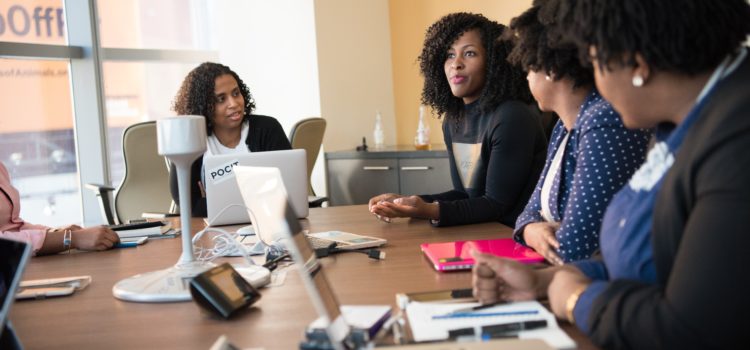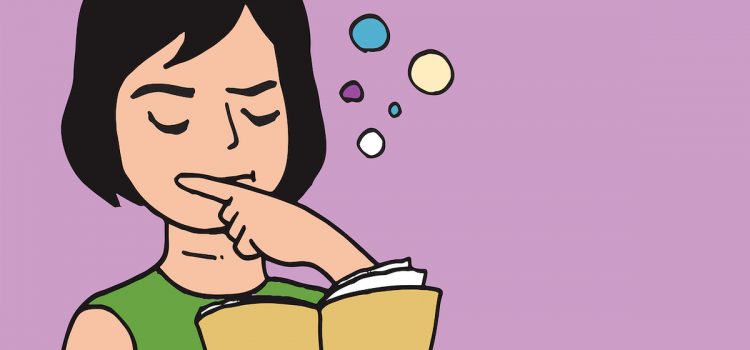How do children learn through play? How can reading fiction boost your child’s development? Children are constantly learning by watching and listening, but they also learn by playing—especially pretending. Similarly, reading fictional stories helps them learn empathy. Continue reading to learn about the benefits of play in children.
How Do Children Learn Through Play? The Skills of Make-Believe










